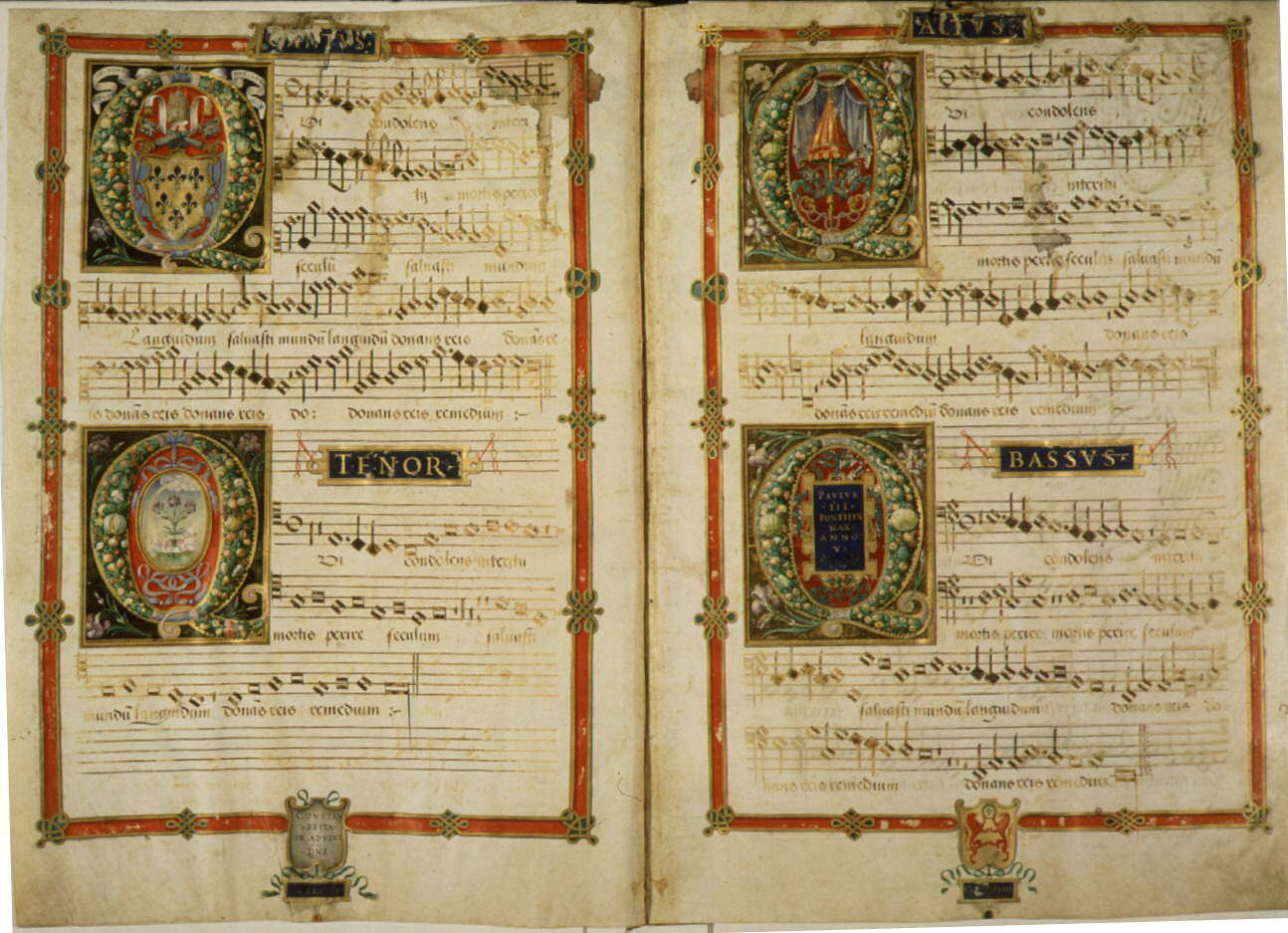"Min ve donnix ai kar ben linpir lintha an olglipix ai menx mek, koi min mu ve simpix, kar lintha di.... -- Deg-Pat"
"I hope that sometime someone will understand all (of) this, but I don't know that anyone (ever) will... --Other-Pat"
I know that feeling so well! This is the same sentiment that I expressed with the poem "rerda", "difficulty", and I bet this is something that most conlangers feel in their own time.
We as conlangers are fated to build a wonderful party, set the tables and the plates, worry over the finest details to make sure everything is just right, and then must wait patiently for the guests; we cannot know who they are, or if they are even coming. It's a frustrating kind of feeling, to be sure.
Well, vorfon Feaster, wherever you are, min ve olglipix la min ve korkix ai ken taslepkar ken er ultix ai arangothek flar!
Hello! This is a blog with older content. Any language information here may be out of date. :)
Tuesday, February 26, 2013
Monday, February 25, 2013
Na Apsinimil - Our Father
Translated the "Our Father" into Arangothek today. Just like with "the north wind and the sun", most (90%) of the vocabulary magically already existed, which makes me think that Feaster likely translated it for himself in the past. I really wonder what his versions must have looked like!
Order of texts: English -- Arangothek -- Smooth English of Arangothek
Order of texts: English -- Arangothek -- Smooth English of Arangothek
Our Father who art in heaven,
hallowed be thy name.
Thy kingdom come.
Thy will be done
on earth as it is in heaven.
Give us this day our daily bread,
and forgive us our trespasses,
as we forgive those who trespass against us,
and lead us not into temptation,
but deliver us from evil.
--
Na apisinimil, sintha ve tin degdrelth,
tesset an ve vilki ne drelth,
Gostet an ettix,
Ultessa an ve pengovathet,
Ben drelth an ve har tin degdrelth.
Ne melin an sulix ai tispatinimil banhestek,
la ai ultovathinimil ruk an emblix,
har melin ve emblix ai delin, selintha ve ultix rukaxa ne melin,
la mu an branthalix ne melin kar melin an pengix ai ultua ai ultovathil ruk,
Lai ai melin an bobalix ker ruk.
An ve.
--
O our father, who is in heaven,
may your name be holy to the earth,
may your reign come,
may your desire be done,
on the earth as it is in heaven.
Give us our everyday* bread,
and forgive us (for) our bad actions,
as we forgive those people, who act badly to us,
and do not guide us into wishing to do bad things,
but shield* us from evil.
Amen. ("let it be".)
---
Notes on word usage:
*banhestek is formed from ban- (every) + hest (day)+ ek (adj), and is listed in the F.dictionary as "ordinary, everyday, usual". I figured it could also mean "of each and every day", as this particular prayer calls for. Figured I'd include it here in the notes, though, in case there are any objections.
---
Notes on word usage:
*banhestek is formed from ban- (every) + hest (day)+ ek (adj), and is listed in the F.dictionary as "ordinary, everyday, usual". I figured it could also mean "of each and every day", as this particular prayer calls for. Figured I'd include it here in the notes, though, in case there are any objections.
Sunday, February 24, 2013
Mother of all things written in Arangothek
A list of all things written in Arangothek.
Things written/translated into Arangothek by me:
11-02-13, Mother Carry Me
24-02-13, North Wind and the Sun
25-02-13, Pater Noster
30-04-13, Arangothek Question Song
Feaster's Arangothek works:
Teach Yourself Arangothek
Things written/translated into Arangothek by me:
11-02-13, Mother Carry Me
24-02-13, North Wind and the Sun
25-02-13, Pater Noster
30-04-13, Arangothek Question Song
Feaster's Arangothek works:
Teach Yourself Arangothek
Rastroth ul kaxbranth la Melxoth ("The north wind and the sun")
Translated "the north wind and the sun" into Arangothek. :) I tried my best to stick to Feasterisms, but where it was impossible due to lack of information, I improvised or extrapolated from what already existed.
Order of texts: English -- Arangothek
--
The North Wind and the Sun were disputing which was the
stronger, when a traveler came along wrapped in a warm cloak.
They agreed that the one who first succeeded in making the
traveler take his cloak off should be considered stronger than the other.
Then the North Wind blew as hard as he could, but the more
he blew the more closely did the traveler fold his cloak around him;
and at last the North Wind gave up the attempt. Then the Sun
shined out warmly, and immediately the traveler took off his cloak.
And so the North Wind was obliged to confess that the Sun
was the stronger of the two.
Rastroth ul kaxbranth la melxoth in quosuntalix ta sintha
ul delin er gaglar, ketpir branissixist* in ettix, dan in pilbessa tin haxke
sarmak*.
Delin in sisordix* kar sintha ve dasirethrix ne banissixist
ai kaxkenond, kar dan di flaressa ve gaglar ker bedeltath.
Ketpir rastroth ul kaxbranth in suggix*har glarxa har gaglarxa
ker keltedossanond, koi “ben sugguanond gaglar, ketsa goxettoxa* in pilbix
branissixist ai haxkenond”; ben singrat* rastroth ul kaxbranth in rethesulix*
ai arratoth*.
Ketpir in sarkix sarmaxa* melxoth, la mekpirxa* in dasirix
ai haxkenond branissixist.
Ketsa rastroth ul kaxbranth in glirix* ai sisordua kar
sintha ul delin ve gaglar ve melxoth.
--
Notes on new words and word usages:
*branissist is “traveler”, formed via parallel construction
with F.telixist
*sarmak is formed from sarm-ua (“to be warm”) and +k,
adjectivifier.
*sisordua is back-formed from “olsordua”, to disagree,
which is ol-sord-ua, “apart-stand-(verb)”. Sisordua is analogue to this, formed as
si(n)- “together” and sordua, stand.
*dasirua, “to take off (clothing)”, is formed from da- “off/away”
and sirua- “to put”.
Dasirethrua, to cause someone to remove clothing.
*suggua, to breathe, was used here as “to blow (as wind)”,
as there is no Feasterism for “blow”.
*goxetto, “proximity, nearness” is formed from gox-, a root
which seems to denote proximity (possibly from the similar root goss-, which
signifies royalty or prestige) and –etto, abstract nominalizer.
“nearby dog”, pex goxettok
*ben singrat, “ at the end” is here used as “finally”.
*rethesulua means “to relinquish, to give over”, but is
there used as “concede, to give up”.
*arrua, to try, with nominalizer suffix +(a)t.
*sarmax, warmly
*mekpirxa, “right now-ly”, immediately. Mekpir +xa
*"ben... ketsa..." In absence of a prescribed method of forming things like "the more, the merrier", I have done it this way. "at/during.... thus..."
*glirua, "to need" is used here instead of "was obliged to".
*image found here.
*image found here.
Thursday, February 14, 2013
Mohn ba se -- Valentines' Day
Valentines' day is not usually celebrated by any Wytni peoples. They wait until around late March or early April to have their "then ba se" or "festival of love". Today is Valentines' day here, though, so have a card!
"Mohnab lēian lēai ba se" Day.acc to-you happy the love
Happy day of love to you!
"Mohnab lēian lēai ba se" Day.acc to-you happy the love
Happy day of love to you!
Monday, February 11, 2013
Adventures in Arangothek
I started learning Arangothek the other day, just for kicks. I've been around this language for some years now (I even sometimes blame the existence of Sandic on my having come across this conlang as a young child), and while I've glanced through its "Teach yourself"-styled manual, I've never actually sat down and invested time to learn it.
Arangothek is the language of Arangoth, a fictional country in a fictional world. It is perhaps unique among fictional languages in that it is not only associated with a conworld, but that its conworld is one with which people regularly interact in IRC roleplaying. #blkdragon*inn has existed since 1995, and Arangothek has been around since at least 1997. Created by Pat Feaster, it's got a dictionary (two-way since three days ago when I got frustrated not being able to look up words on a whim offline) and some small to medium-sized texts translated by its author. It used to have a more prominent role in the setting, but with people moving on who used to know it, it gradually fell out of use.
I've been following the lessons in the "Teach Yourself Arangothek" booklet that I printed, and yesterday I felt a familiar itch coming on. A song was stuck in my head, and while I would normally translate it into Sandic to free it, it already existed in that language. I *could* have just hummed it in Sandic and then let it go- but I decided to give it a shot in Arangothek. Surprisingly, the words fit the first time!
Na nerre ai min an perpix
konnenet ve min
na nerre ai min ne siloth an perpix
"Mother carry me,
I am your child
Mother, carry me to the sea"
Then, today, I was watching the nasty weather outside, and hummed "rain rain go away" to myself in Sandic. Would Arangothek work for this song, I wondered? I had to substitute tok ("water") for "rain" (as the more than decade-old dictionary was mum on this word), but yes it did!
na tok, ken an dalimbix,
ben hest degelta an issix!
"O water, run away!
come (back) a different day"
Arangothek is the language of Arangoth, a fictional country in a fictional world. It is perhaps unique among fictional languages in that it is not only associated with a conworld, but that its conworld is one with which people regularly interact in IRC roleplaying. #blkdragon*inn has existed since 1995, and Arangothek has been around since at least 1997. Created by Pat Feaster, it's got a dictionary (two-way since three days ago when I got frustrated not being able to look up words on a whim offline) and some small to medium-sized texts translated by its author. It used to have a more prominent role in the setting, but with people moving on who used to know it, it gradually fell out of use.
I've been following the lessons in the "Teach Yourself Arangothek" booklet that I printed, and yesterday I felt a familiar itch coming on. A song was stuck in my head, and while I would normally translate it into Sandic to free it, it already existed in that language. I *could* have just hummed it in Sandic and then let it go- but I decided to give it a shot in Arangothek. Surprisingly, the words fit the first time!
Na nerre ai min an perpix
konnenet ve min
na nerre ai min ne siloth an perpix
"Mother carry me,
I am your child
Mother, carry me to the sea"
Then, today, I was watching the nasty weather outside, and hummed "rain rain go away" to myself in Sandic. Would Arangothek work for this song, I wondered? I had to substitute tok ("water") for "rain" (as the more than decade-old dictionary was mum on this word), but yes it did!
na tok, ken an dalimbix,
ben hest degelta an issix!
"O water, run away!
come (back) a different day"
Subscribe to:
Posts (Atom)


